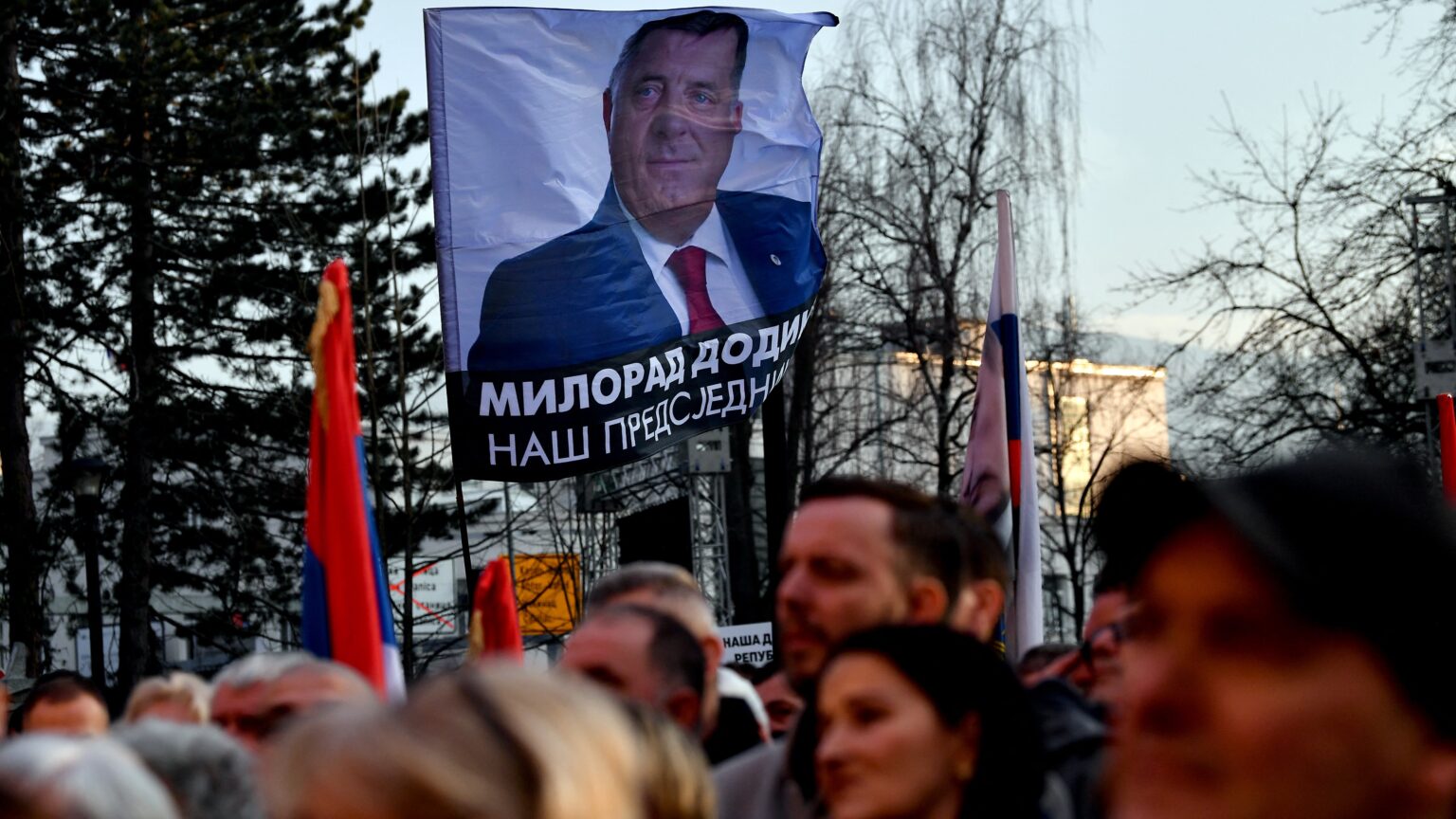
‘The verdict is expected on 26 February 2025. Until then, one thing is clear: this trial is not an act of justice but a dirty political manoeuvre with potentially devastating consequences for Bosnia and Herzegovina. It will not only decide Dodik’s future but also inflict lasting damage on the credibility of the Dayton framework.’
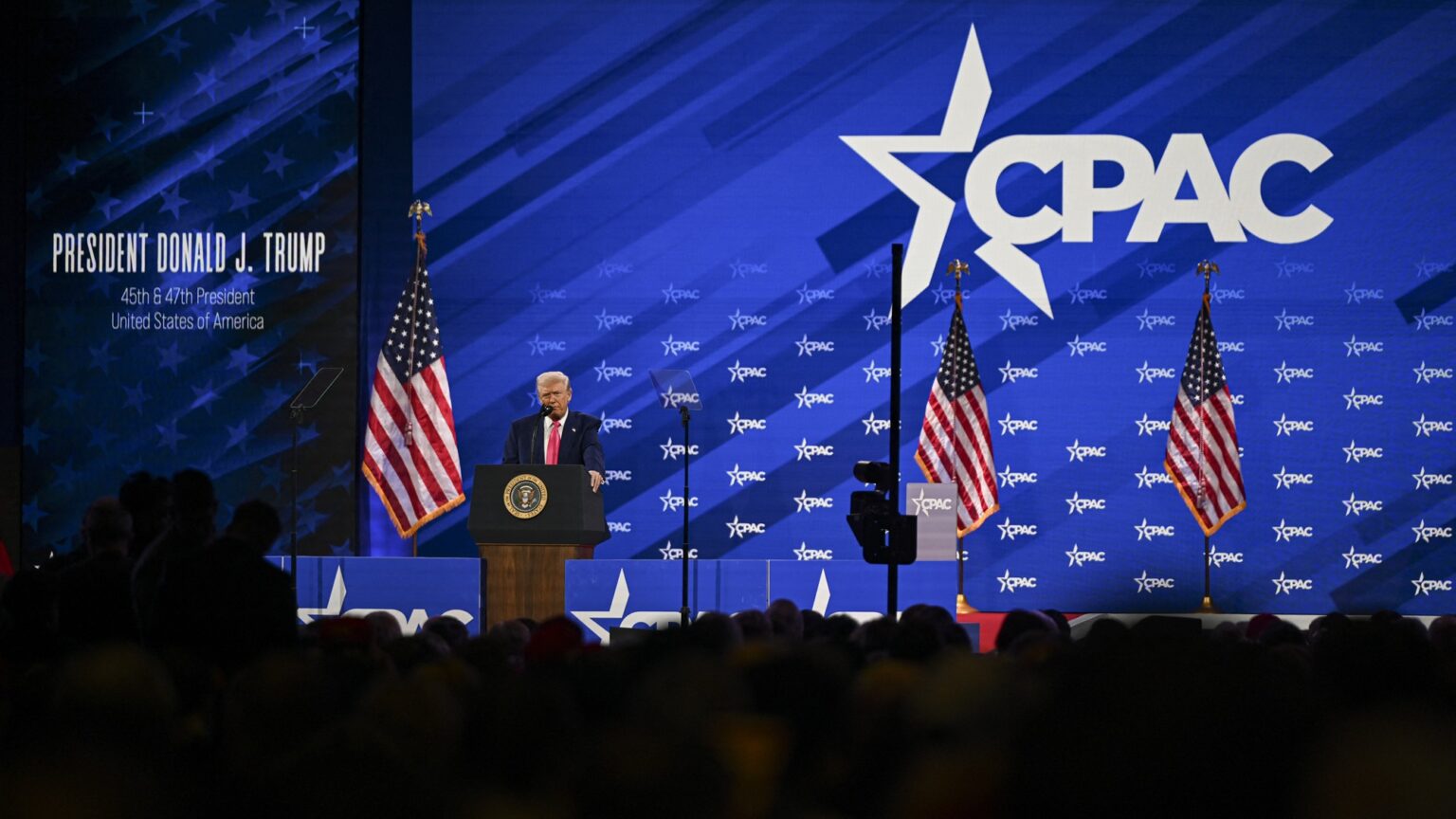
Donald Trump likely would not have made it through the Republican primaries had he run in 2012. In 2016, however, he was the only candidate to reject the new absurd language norms imposed by the woke movement and the only candidate to actually speak up against illegal immigration. Since then, he has defied the common wisdom of American intelligentsia and media in multiple ways.
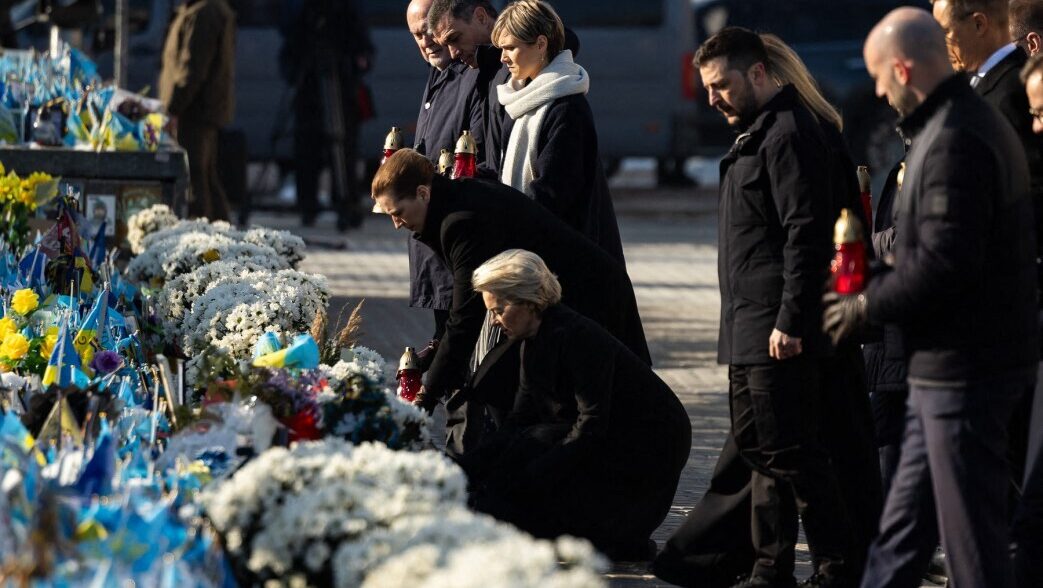
‘As the war in Ukraine enters its fourth year, the world faces an entirely new reality. A reality where Russia and Putin are no longer portrayed as the greatest evil. A reality where diplomacy is once again regarded as the primary tool for resolving disputes between nations. A reality where the end of the conflict could be within arm’s reach. And a reality where, unfortunately, Ukraine and Europe appear increasingly irrelevant.’

‘Whether through Scripture, the teachings of the Church, or life experience, Christians learn that no relationship or physical place makes them truly at home. For Christians, it has always been challenging to find the right balance between our hope in Jesus Christ and His coming kingdom and our vocations as citizens, spouses…In their articles in The European Conservative, Audrey Unverferth and Rod Dreher highlight important points about family, community and home.’
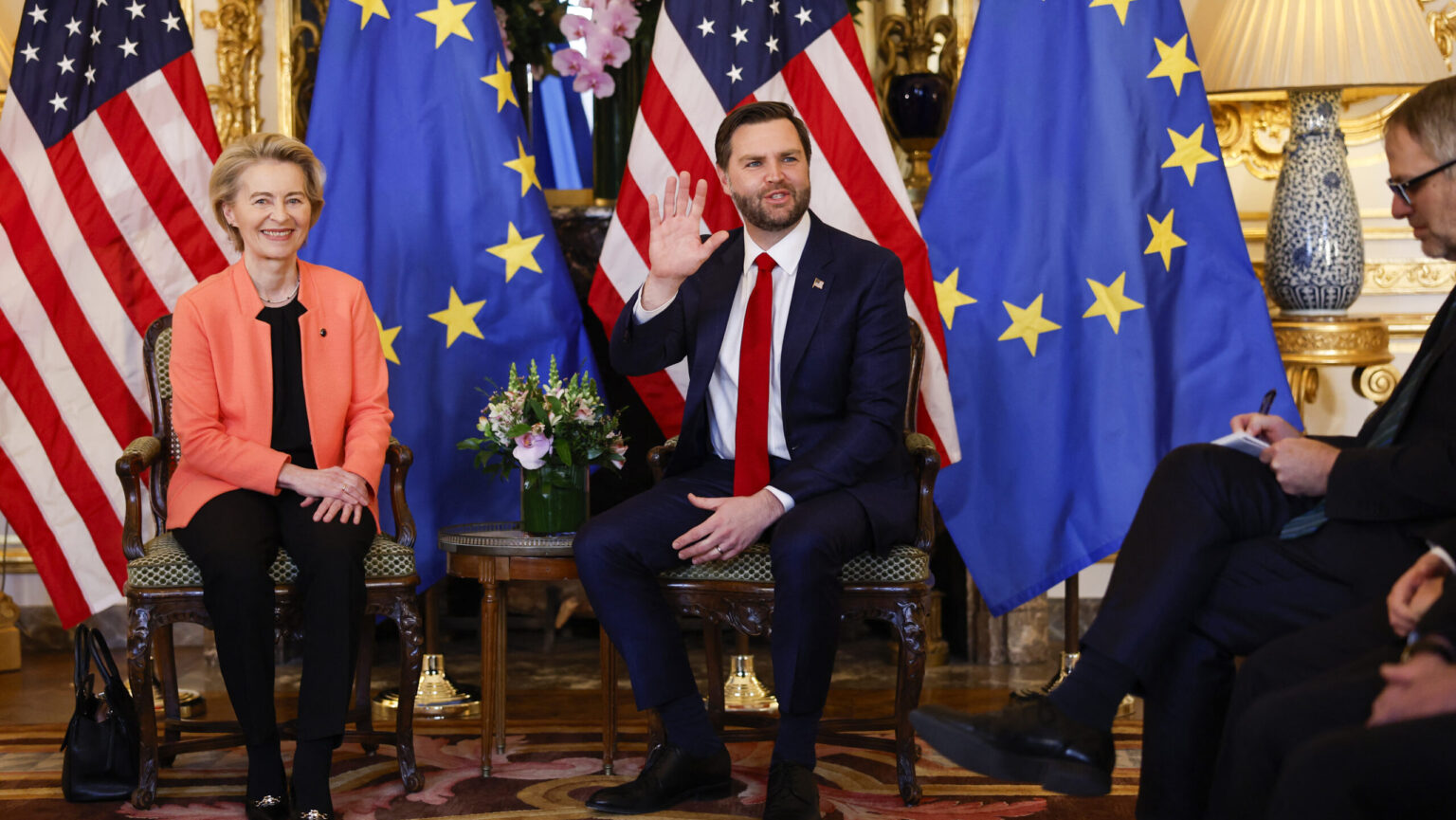
‘As Christoph Heusgen said, under the Biden regime, Washington and Brussels shared a “common value base”—apart from all those many continental voters and nations who did not share this same identikit set of leftist moral values, who had to be made to do so by means perhaps best described as “meddling in European democracy”.’

‘By rediscovering fundamental needs and values, we will eventually rediscover the need and motivation for having more children. This is a collective project that involves, first of all, ordinary people, philosophers, the church, artists, psychologists, and the government.’

‘Data sovereignty is increasingly critical in global politics, and controlling a substantial portion of Europe’s data infrastructure would give Hungary greater leverage in international affairs. If policymakers take this sector seriously, Hungary can emerge as a leader in data storage, making it indispensable to Europe’s digital economy.’
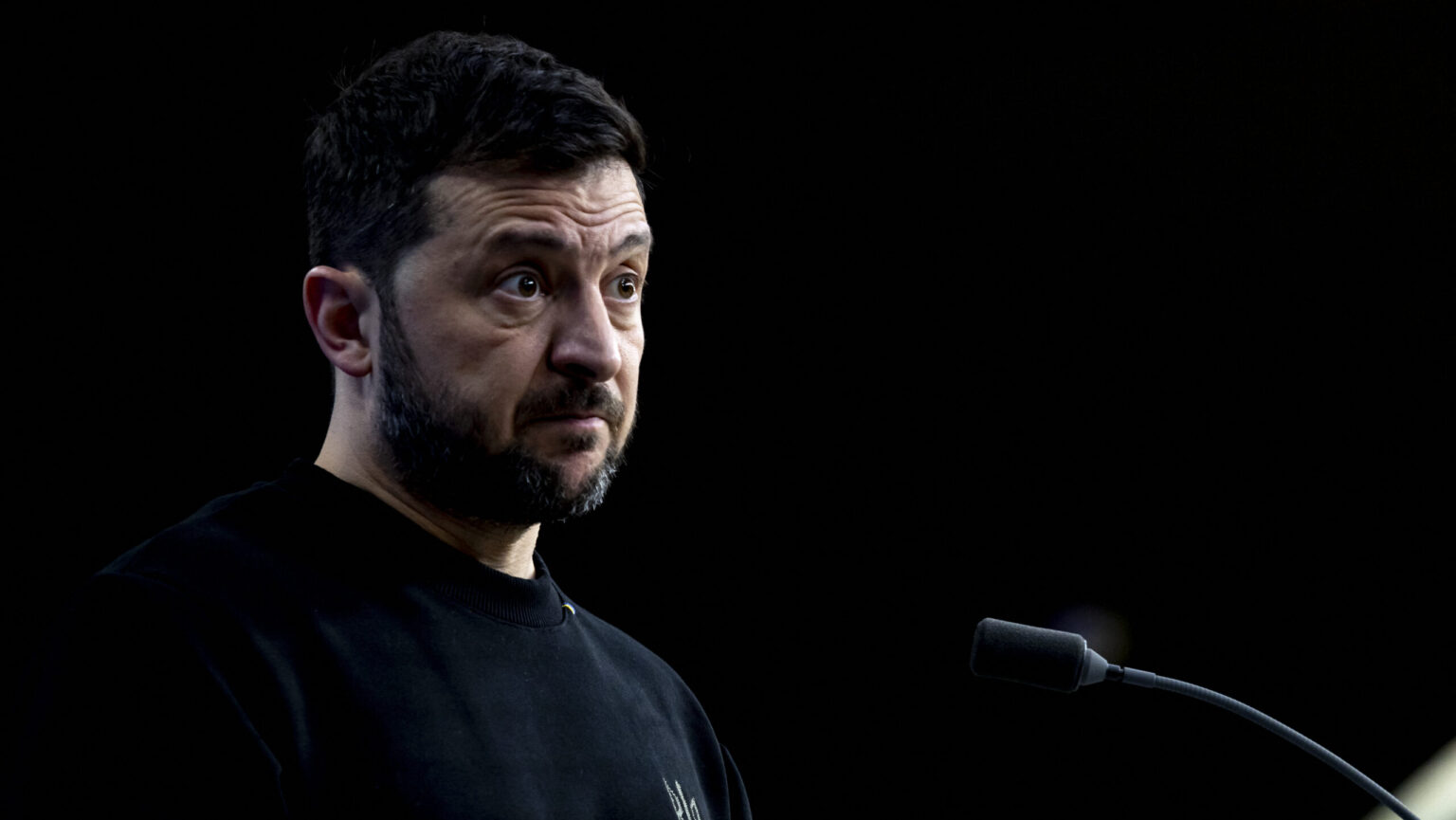
Western European leaders were quick to rally behind Ukrainian President Volodymyr Zelenskyy after Donald Trump called him a dictator. However, those same leaders remained completely silent when, almost exactly one year ago, former US President Joe Biden accused Viktor Orbán of building a dictatorship in Hungary
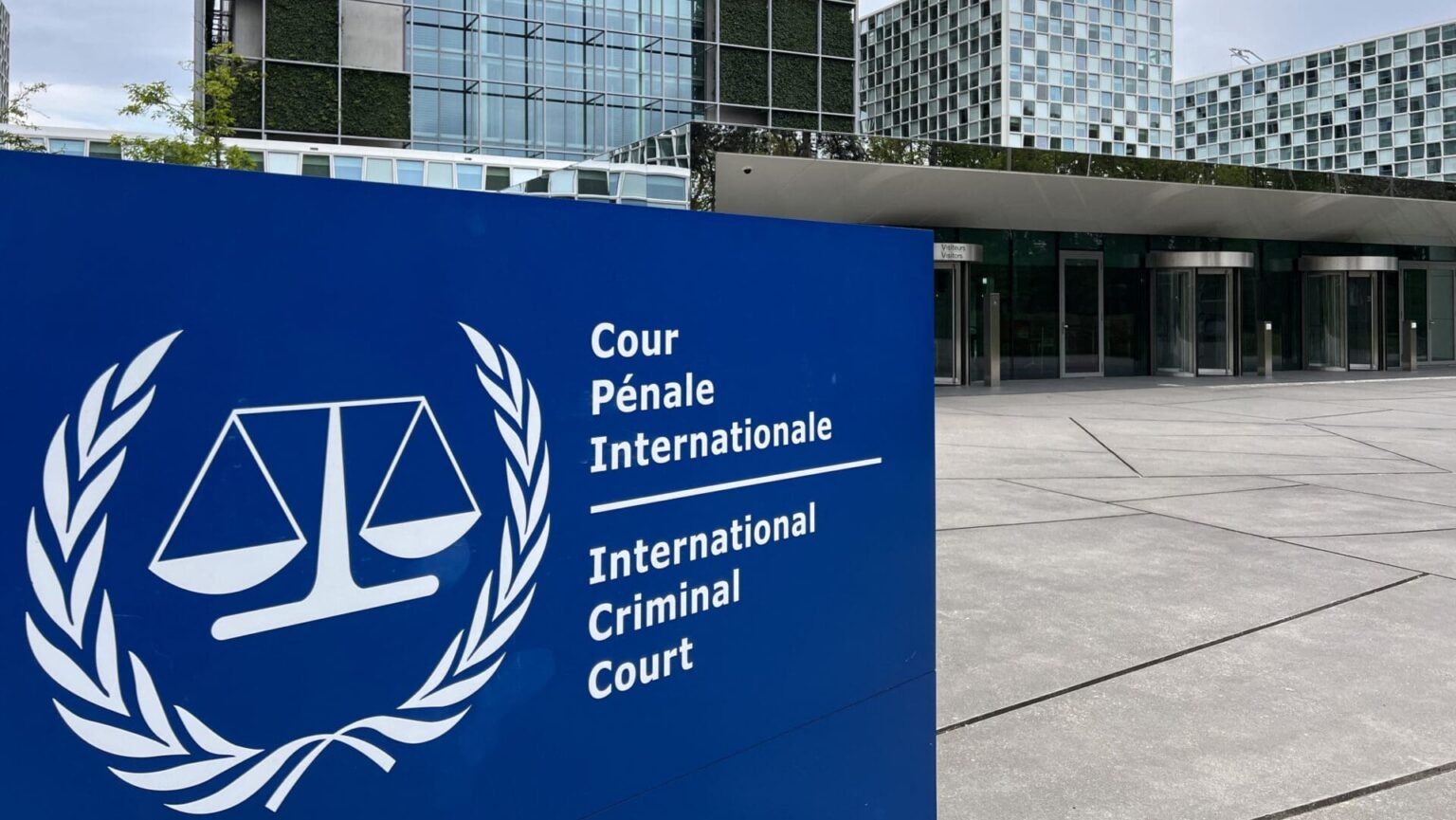
‘Mr Khan also took the unusual step of convening a “panel of experts” in January 2024 “to support the evidence review and legal analysis” related to the Gaza case. After this, he announced his pursuit of arrest warrants as the panellists unanimously recommended that he do so. However, it seems that the outcome was already determined beforehand.’

‘Here the problem of postmodern thinking returns. If there is no truth, since everything is relative and free (but if there is an absolute truth, Derrida calls it totalitarianism), then in the marketplace of ideas, truth—since it does not exist—cannot stand out. If there is no truth, thus no lie, and no set of values, then anything can be disseminated in the public discourse of democratic countries, because there is freedom of speech.’
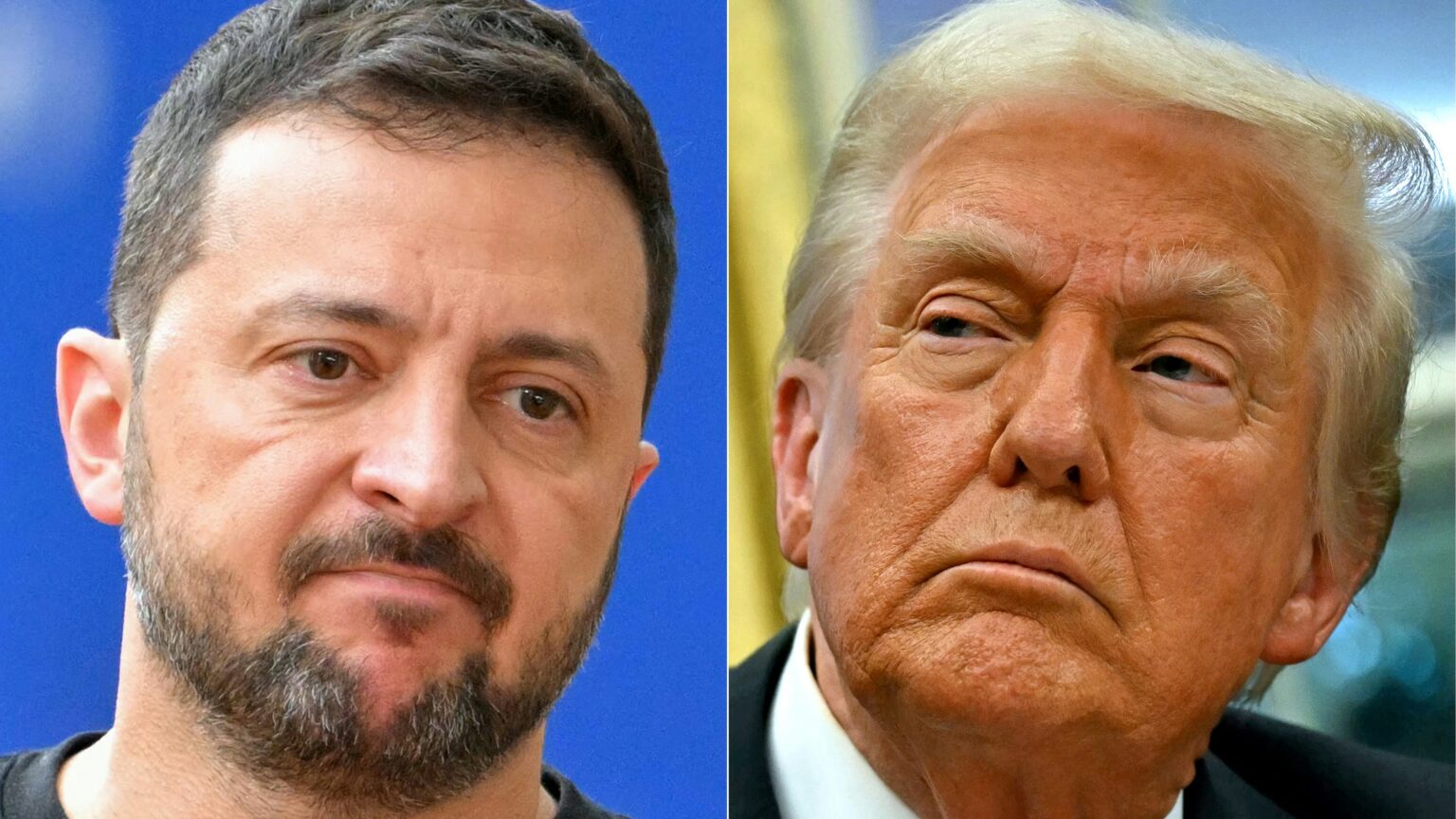
‘The criminality in all this is that Zelenskyy and the U.S.-led West know that the Ukrainians are not going to win on the battlefield, and that Ukraine has effectively become an economic and politically dysfunctional rump state. Yet both want the war to continue, whether for lucrative reasons or not.’
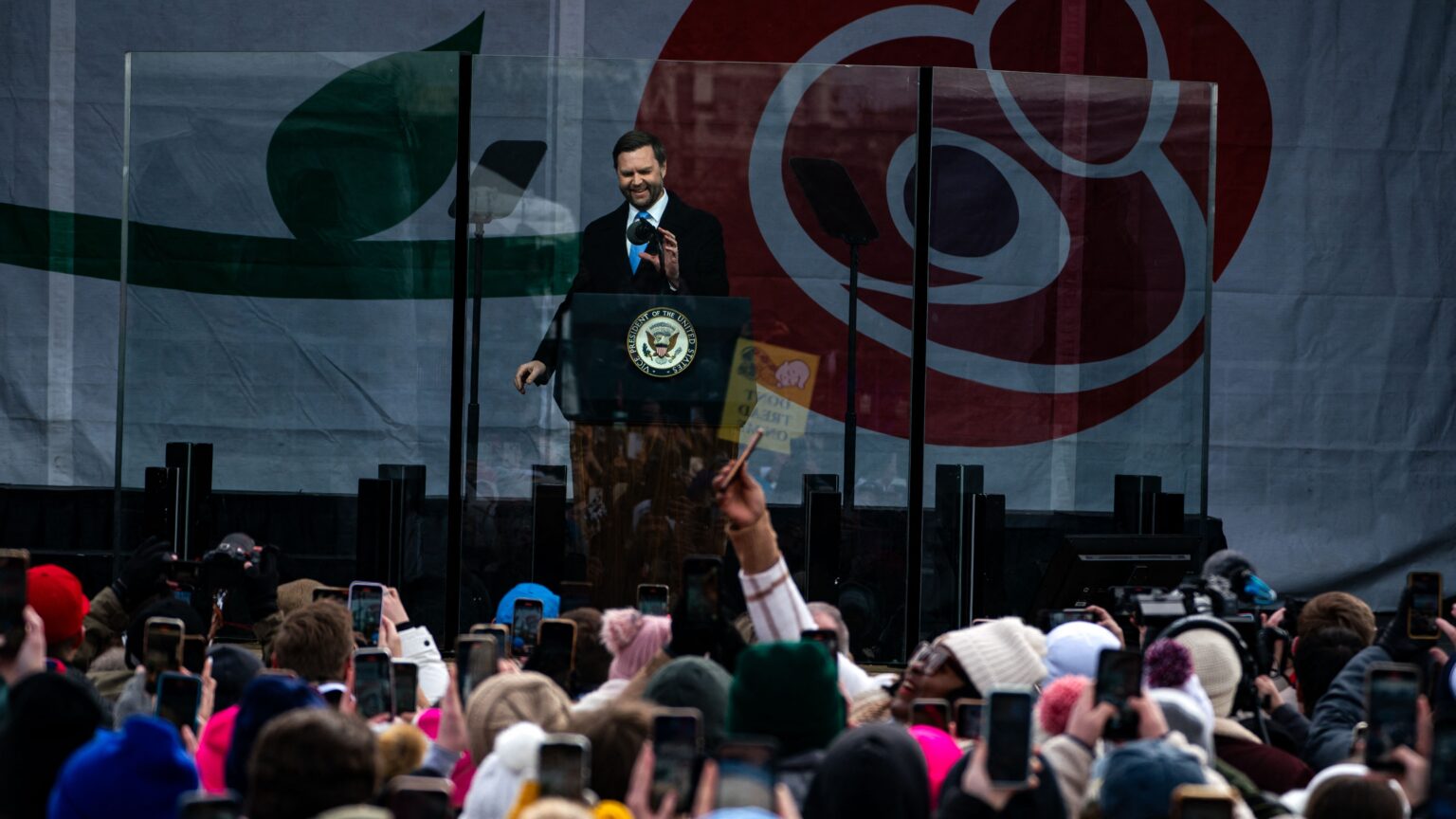
‘Americans need a new vision. They need to see what the pro-life movement has been offering all along, but with new emphasis. As Vance demonstrates, the playbook for really moving past Roe is reintroducing young people to the beauty—and feasibility—of getting married, raising children, and deriving comfort and pride from family life.’

‘To this humble foreign observer, it seems relatively straightforward why Fidesz has remained in power so long: the opposition has failed to offer an appealing alternative. Recently, Mr Márki-Zay, lionized in Western media, proved a poor campaigner (one recalls Kamala Harris). Mr Magyar’s narcissism and personal history seem certain to cause him political problems…’
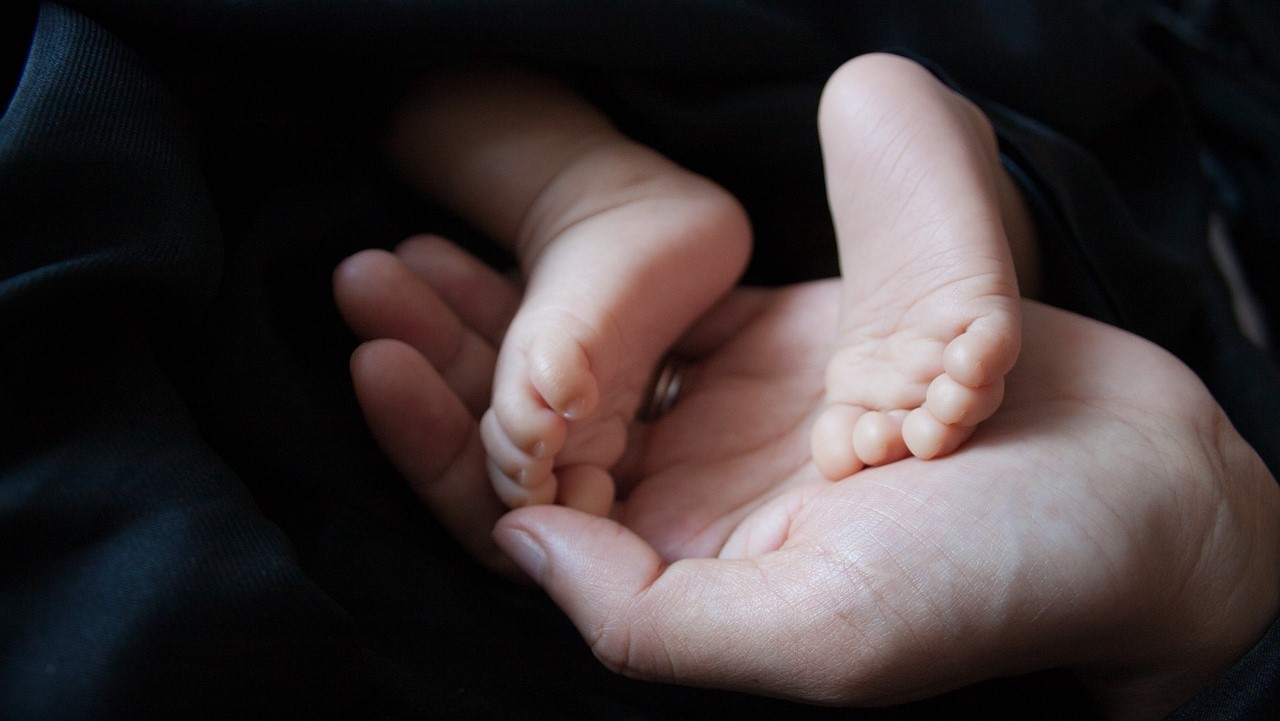
In recent decades, Europe has faced many challenges, one of which is the demographic crisis. The ageing and declining population, labour shortages and emigration pose a major challenge for almost all European countries. The importance of demographic trends cannot be overestimated, as they will have a major impact on Europe’s future position.
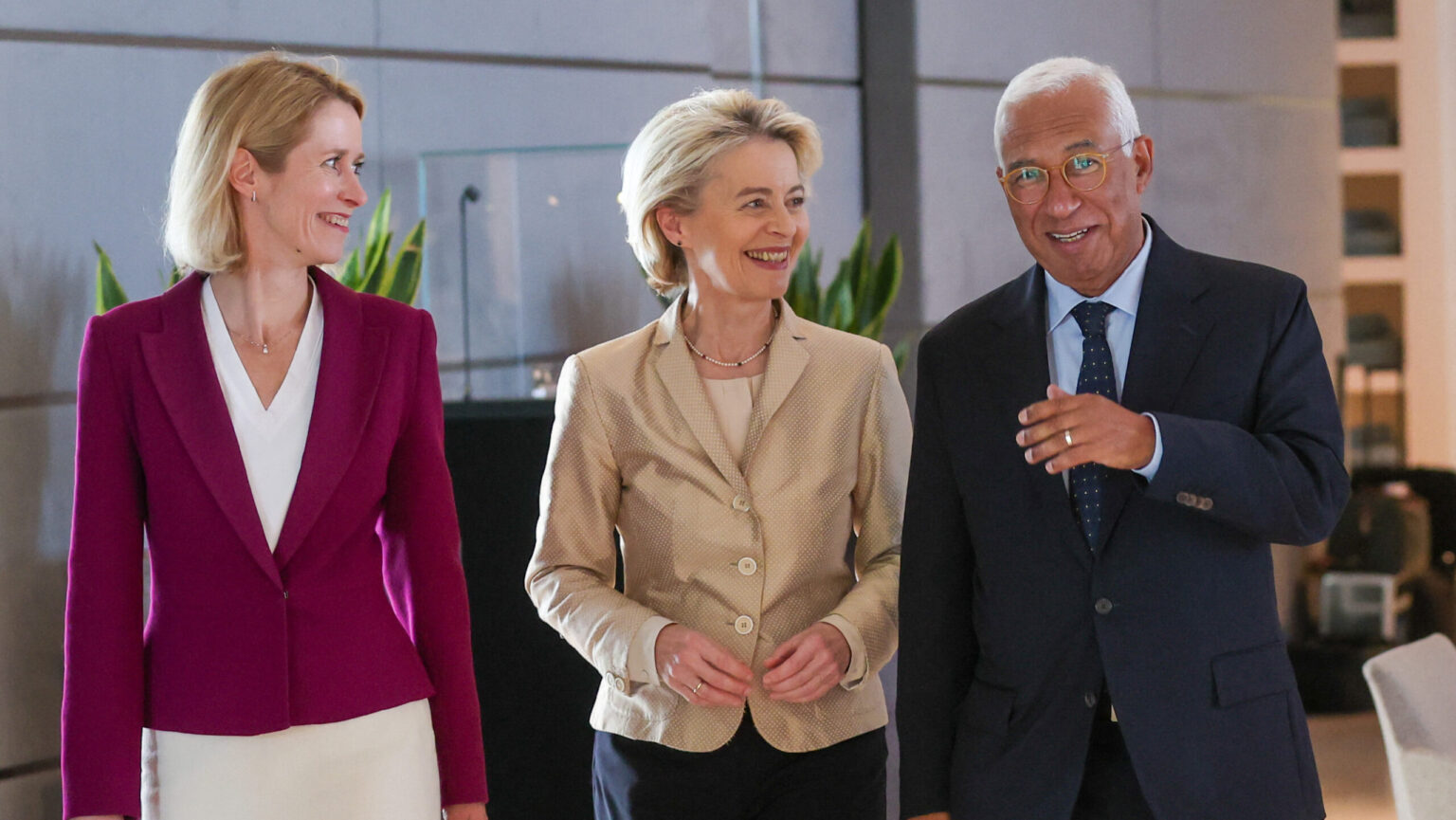
For years the EU dismissed peace talks as premature. When Hungary pushed for negotiations, it was vilified. Now, with Donald Trump launching talks without them, Brussels is scrambling to claim a role it once rejected.
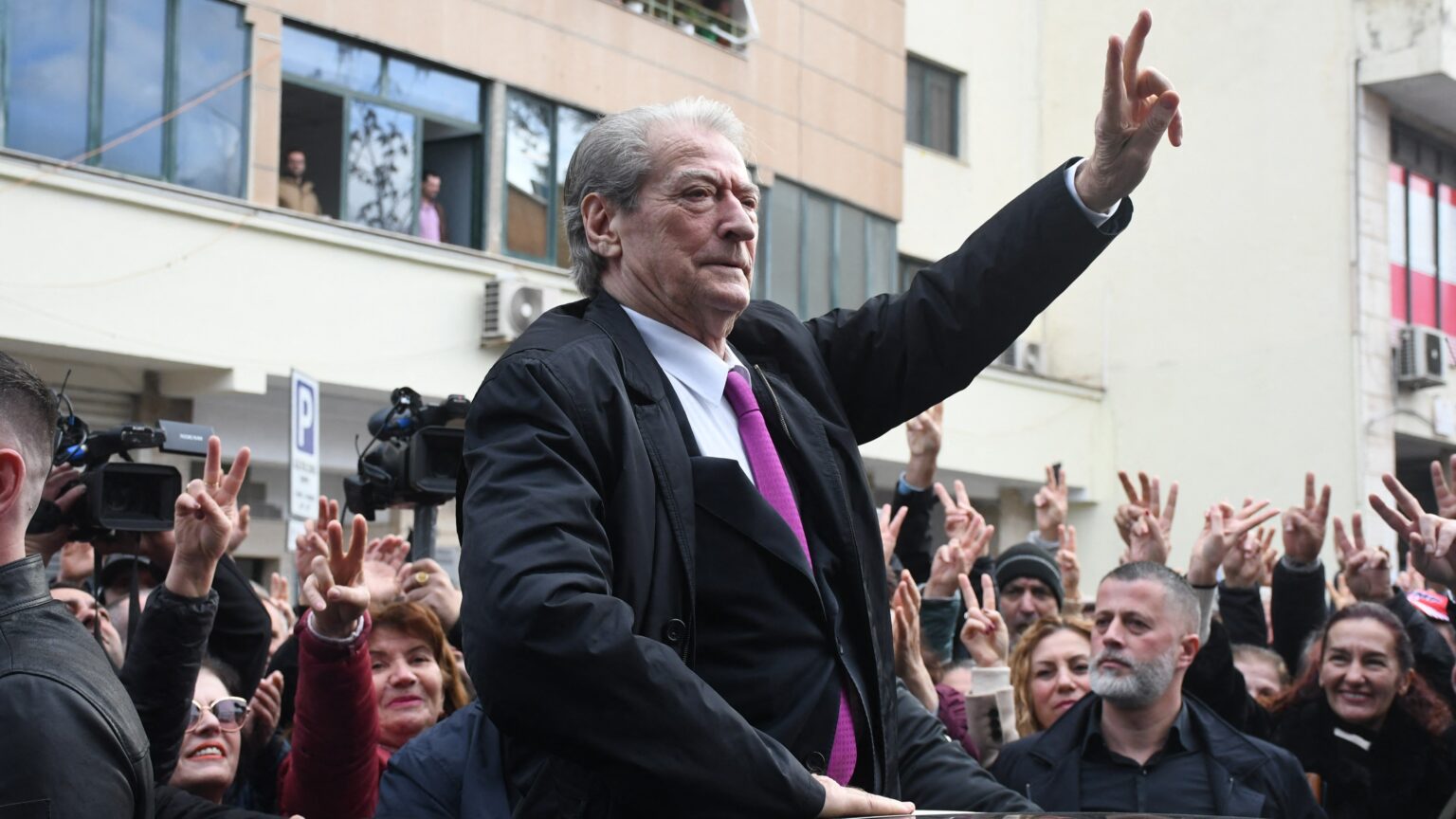
‘The Supreme Court has stated that, on average, it now takes 15 years for a citizen to have their case heard, a stark increase from 1.5 years before the reform. Despite billions spent by European and American taxpayers, not only have the metrics worsened, but Albanian citizens are now receiving less justice.’
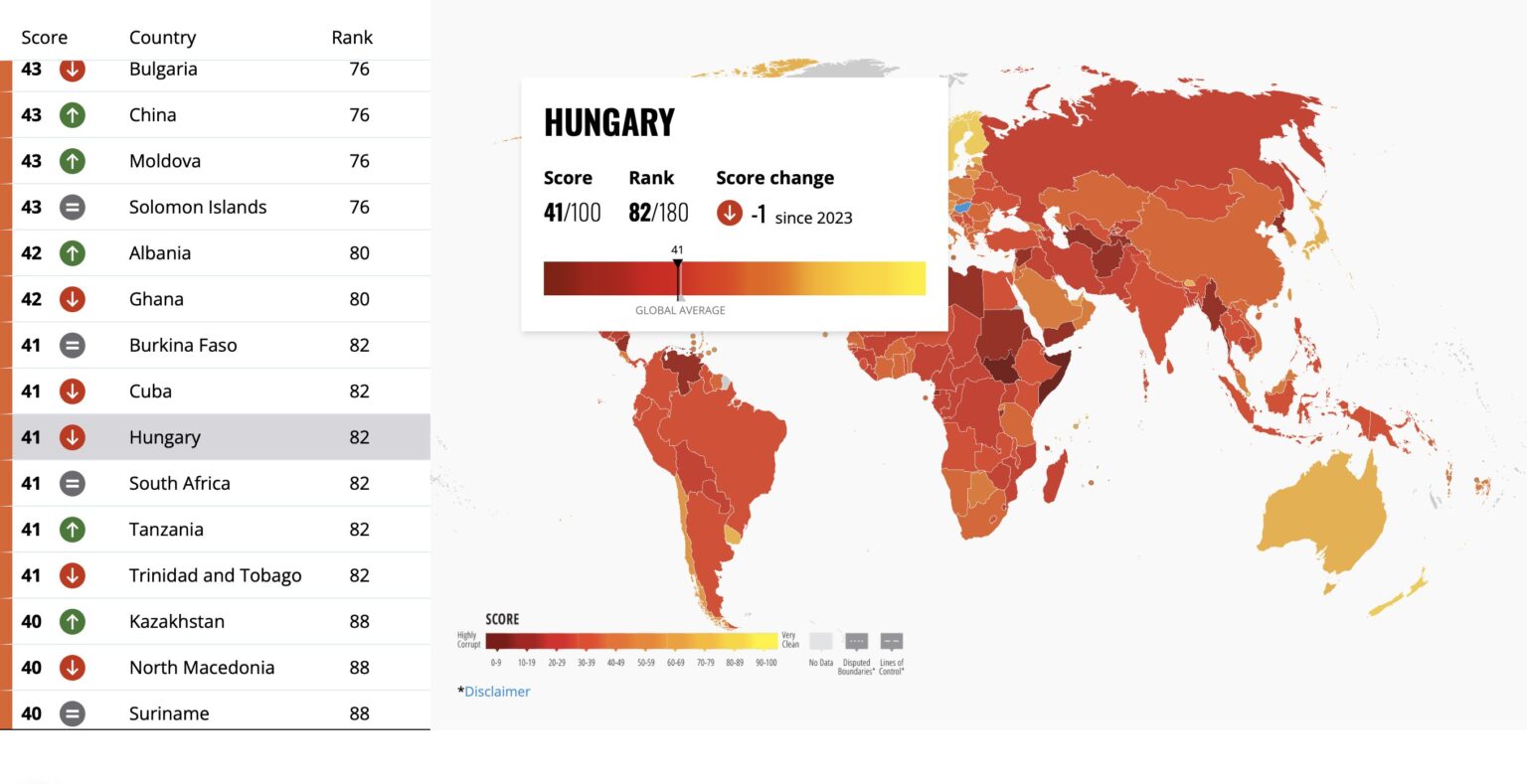
Transparency International’s Corruption Perceptions Index has once again ranked Hungary as the most corrupt member state of the EU, placing it alongside Burkina Faso and Cuba for the third consecutive year. However, this time, we exactly know the reason why. Our commentary.
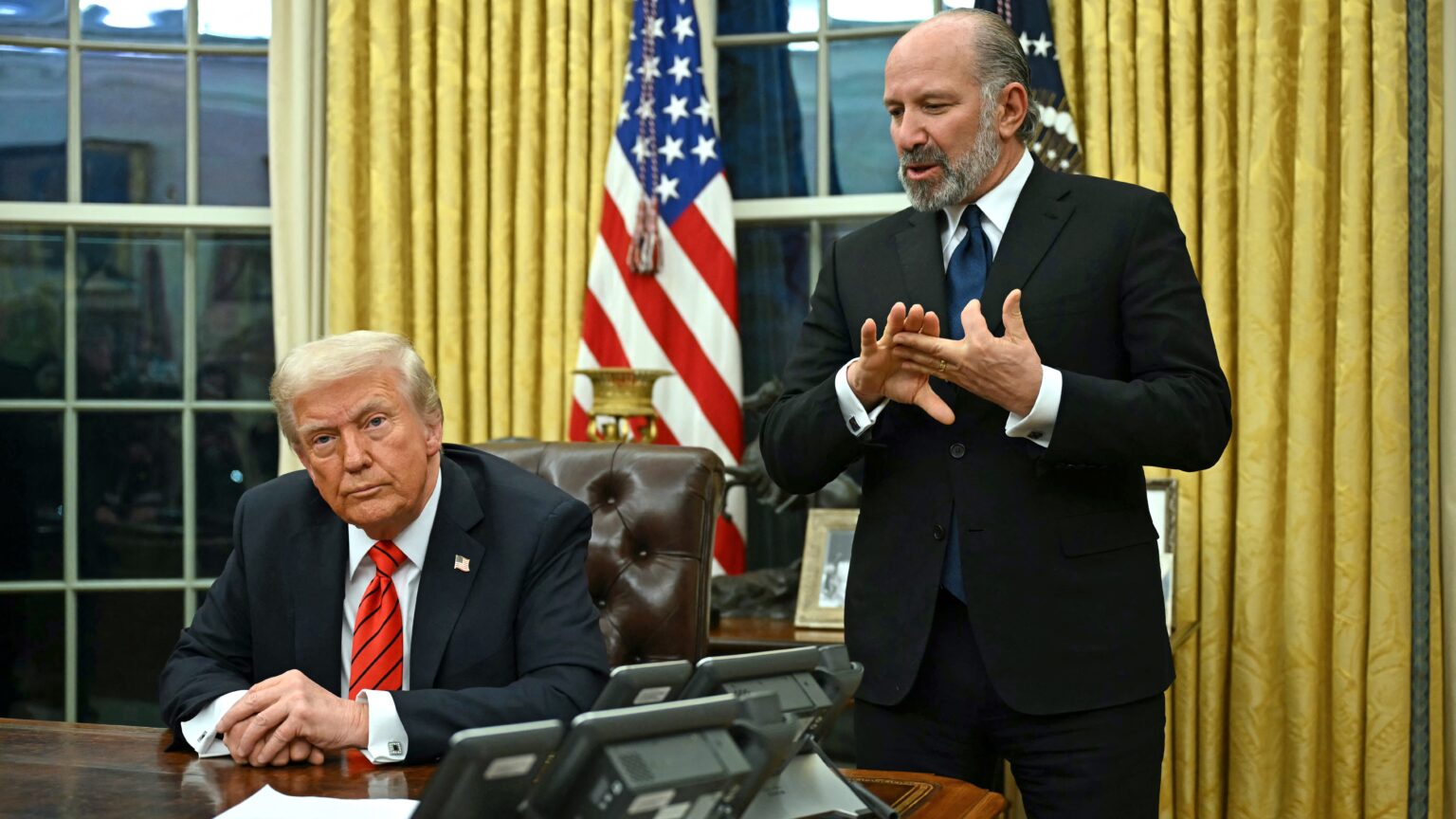
‘Trump’s actions, like them or not, can be seen as an application of a highly contested “unitary executive theory”—an expansive interpretation of presidential power that aims to centralize greater control over the government in the White House. Trump’s measures, however, reflect the constitutional philosophy of the Founding Father who effectively created the American system, Alexander Hamilton.’
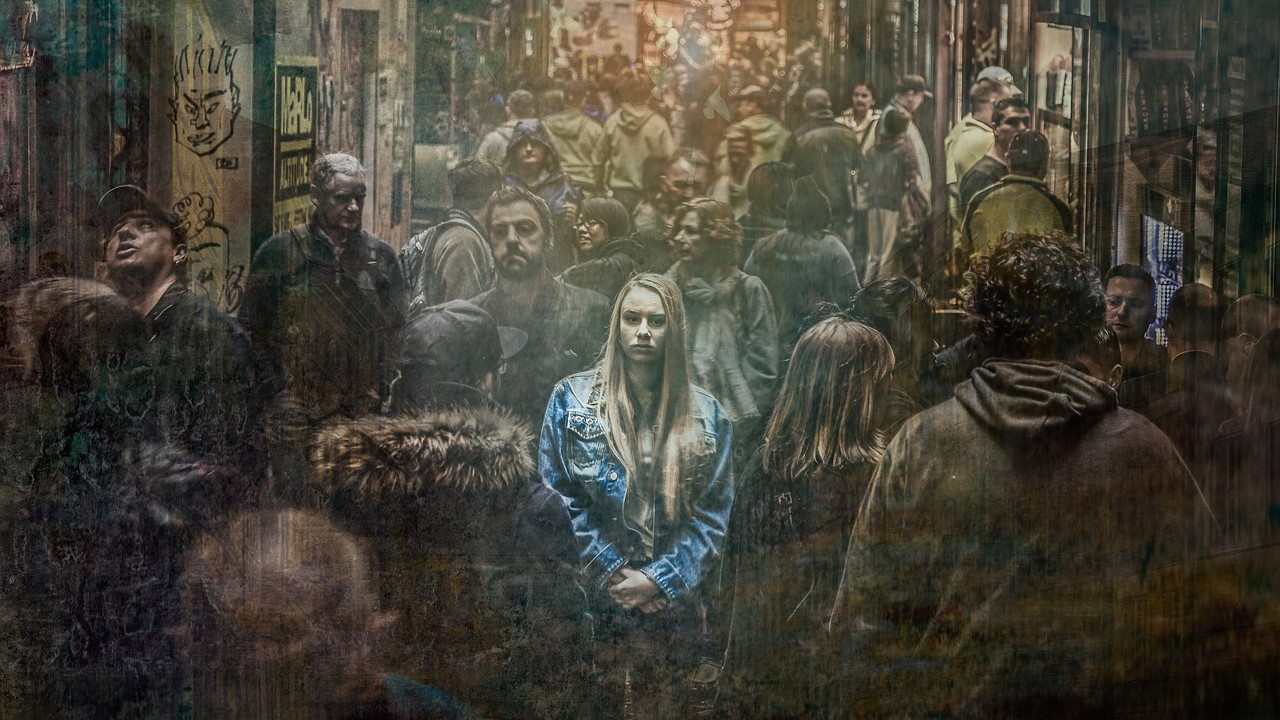
‘Whereas in pre-modern Western culture pride and self-respect were derived from involvement in family, community, work and religion, individuals are nowadays left with nothing but their individualism and inner experiences…When this is insufficient, many people attempt to find their salvation…in materialism and consumption, which have become the primary culturally accepted forms of meaning.’

‘The Criminal Code now stipulates that sexual crimes against people under 18 shall never lapse. To make the legal consequences of these heinous crimes even more severe, people convicted of imprisonment for such crimes shall not be released on probation. Perpetrators of these crimes will not be able to obtain parole, reintegration custody, or a certificate of good conduct.’
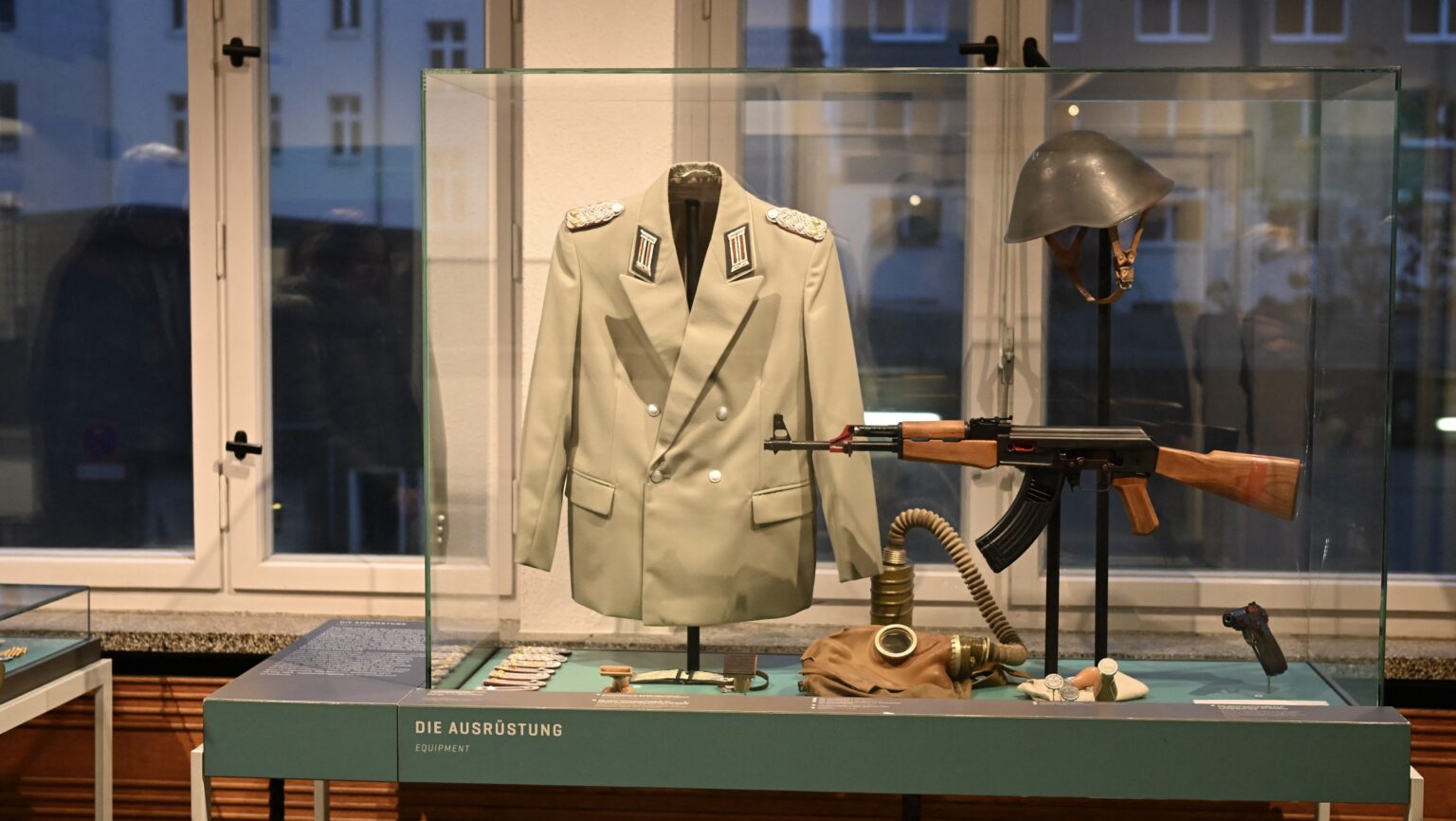
‘The Ministry of Security, like other Eastern European services, kept a tab on almost every workspace and its “characters of interest” through the pervasive use of civilian informants. “Anti-state activity” was not necessarily stifled with apparent repression; the “black car” did not necessarily come for “wrongdoers”, but they were relentlessly bullied into submission by making the everyday life of them and their families unbearable.’
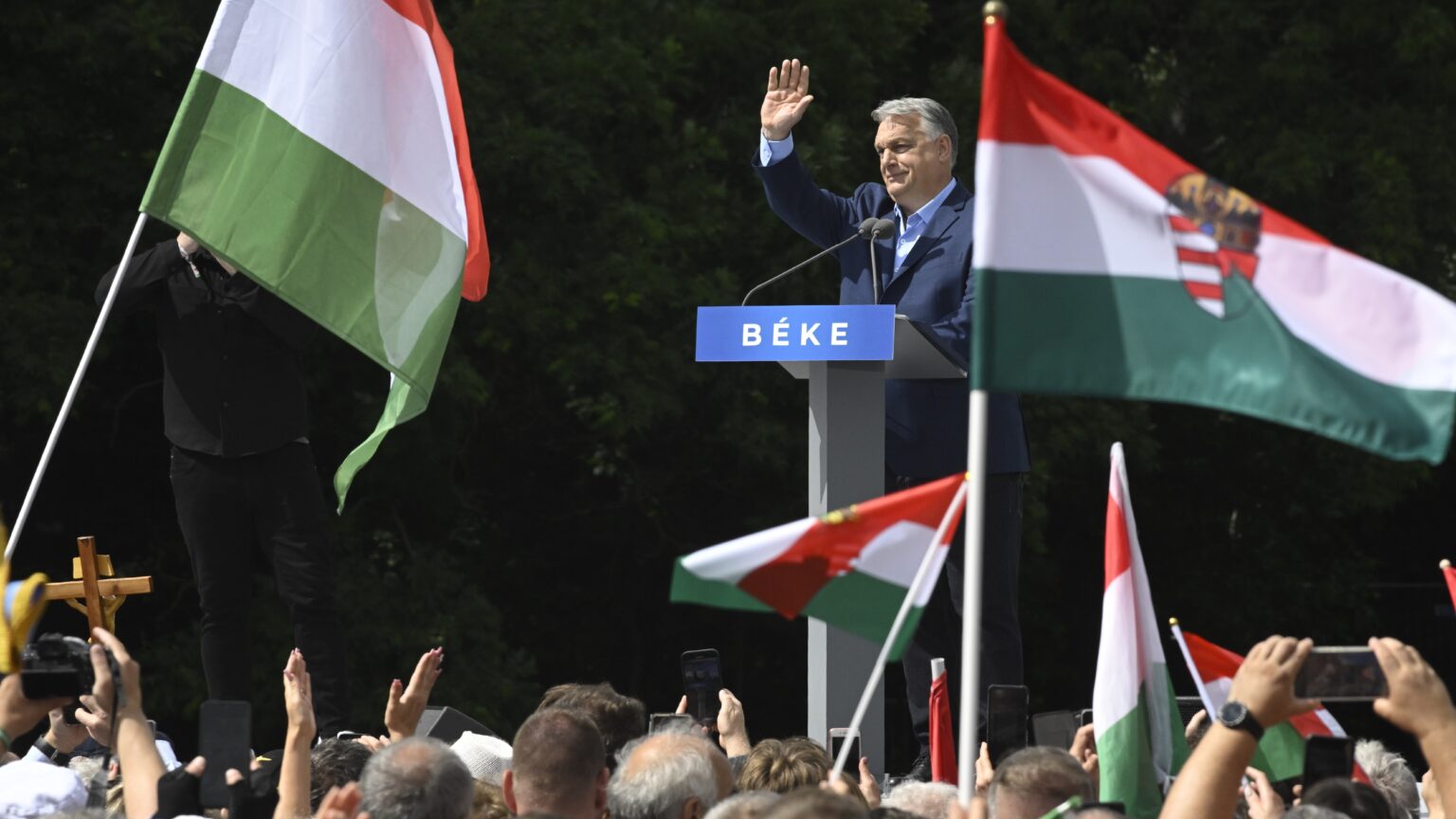
‘Hungary remains a major source of electricity and fuel for Ukraine and has carried out its largest humanitarian operation to date, hosting around one million Ukrainian refugees. Furthermore, the Prime Minister himself has stated that it is in Hungary’s utmost interest to always have a viable Ukraine between Hungary and Russia…’

‘For me, this isn’t about politics. It’s about the young girl who gets up at 5 in the morning for training, hoping that one day her hard work will be enough…This executive order is a step toward ensuring that female athletes—past, present, and future—don’t have to question whether their chances are truly equal.’
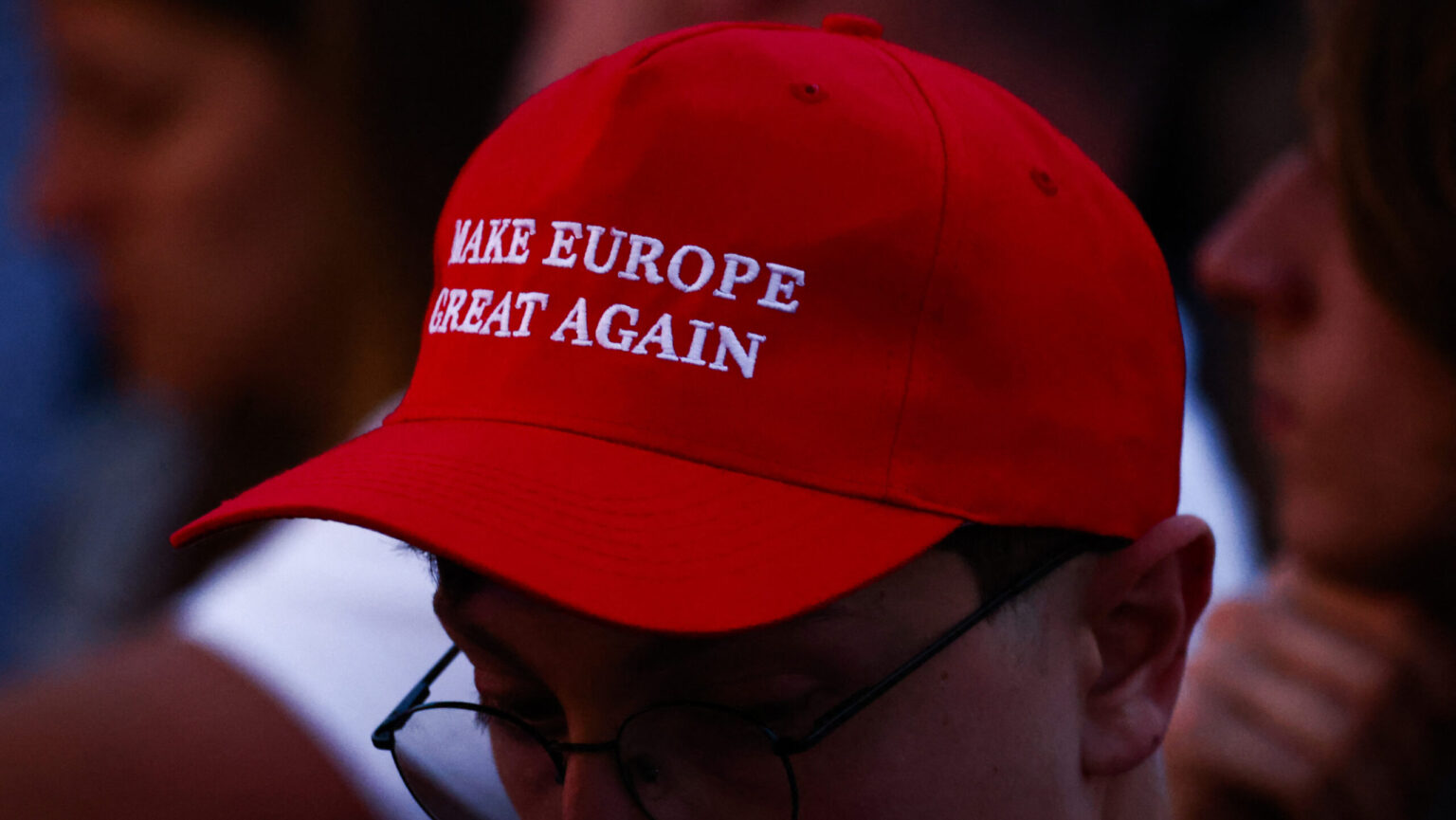
‘Across the Atlantic, MAGA eagerly awaits the rise of MEGA, seeing in the European right a responsible and reasonable partner—unlike those who have cooperated with and been funded by the globalist elite. There will likely never be a better moment for MEGA to emerge.’
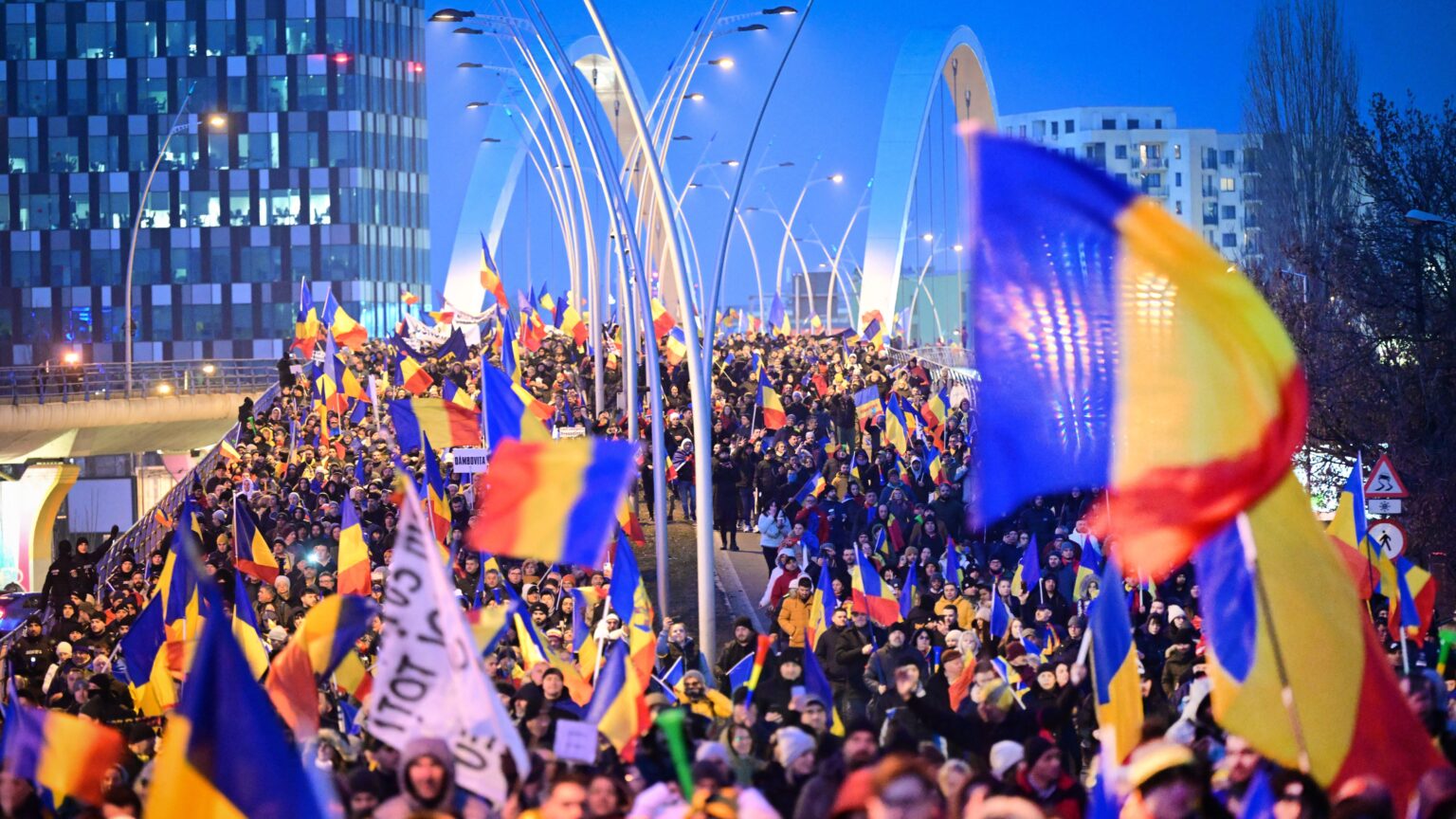
‘Socialists and liberals are afraid of losing power, and for some time now they have been blaming political opponents for influencing electoral processes or government agendas through external forces. This is indeed what has happened: but it is not the conservatives who have to be blamed; it is the leftists themselves who claim to be acting in the name of a “greater good”.’
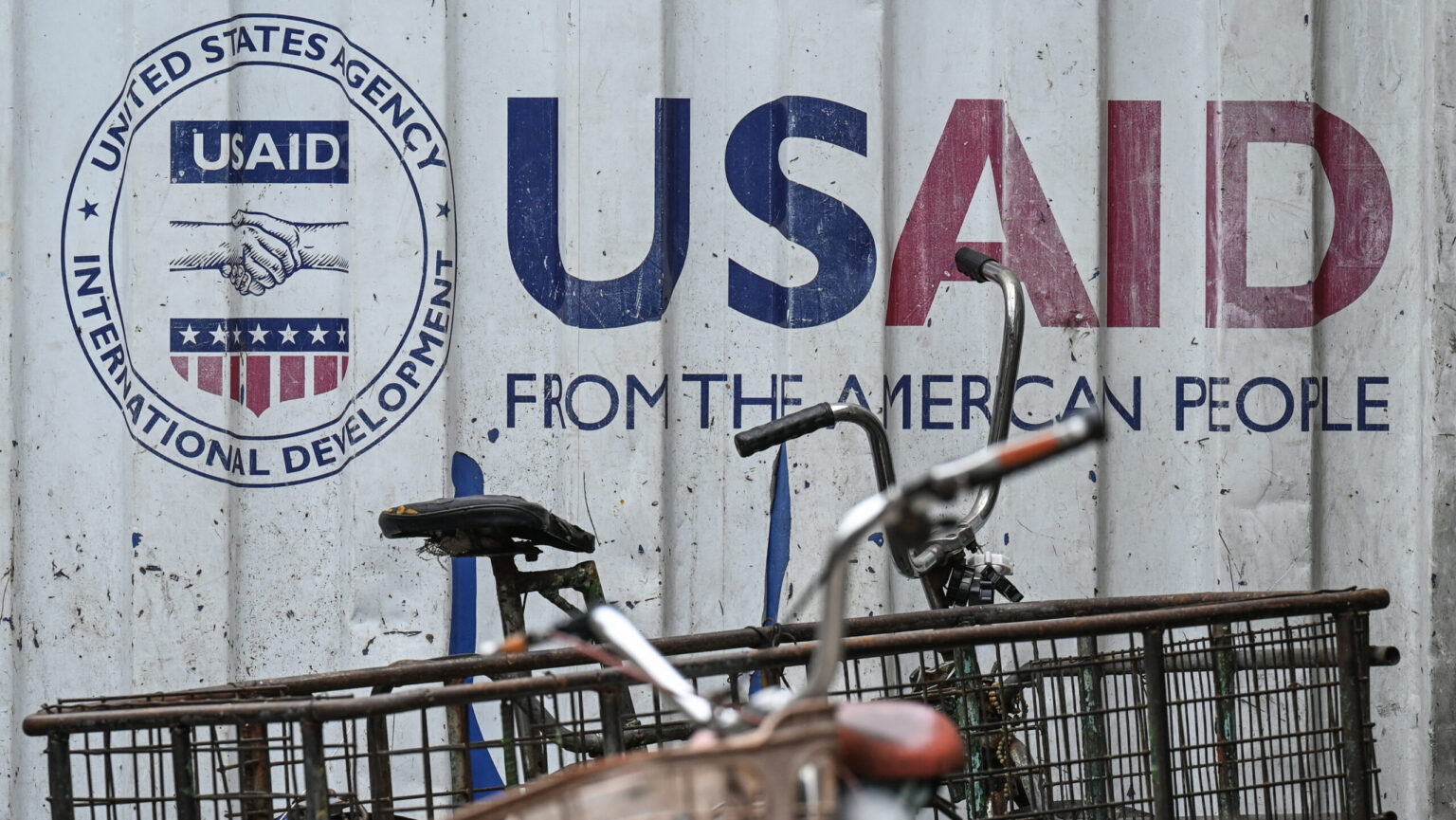
Some of the largest Western mainstream media outlets have been caught red-handed in the growing scandal surrounding USAID, with POLITICO, The New York Times, and others accused of receiving funding from the controversial agency. Hungarian Prime Minister Viktor Orbán expressed his gratitude to US President Donald Trump for ‘uncovering and putting an end’ to USAID’s foreign interference.

‘While trade with Russia is usually condemned in principle, even Ukraine, the victim of Russian aggression, allowed the transit of Russian gas and oil to Europe for economic reasons until a few weeks ago. Politics can never escape economic and geographical realities, and why should Hungary be an exception?’
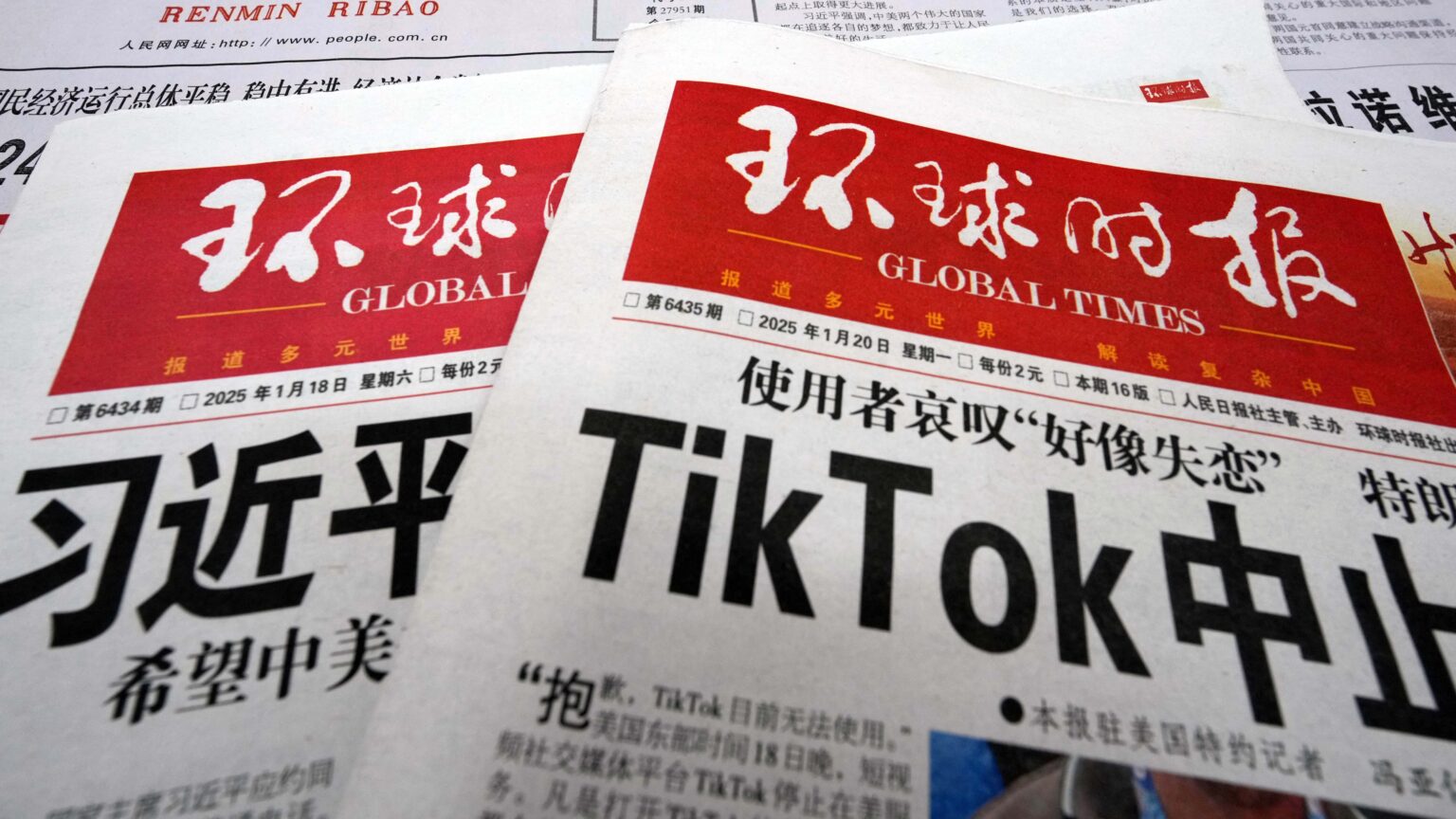
‘The truth of the matter is that the Chinese will not allow themselves to be entrapped by Western and non-Western foreigners alike as they did during the “Century of Humiliation”. Xi is determined more than ever to have China emerge as the greatest power on earth, thus seeing the U.S. not as a partner but as an adversary that is equally determined to do everything it can to ensure he fails.’

In this piece, I, the author, argue that UEFA should do away with the new Swiss system league phase for the Champions League. Instead, they should replace it with four groups of nine teams, which would play each other once in the group stage, with four advancing from each group to the Round of 16 in the end.
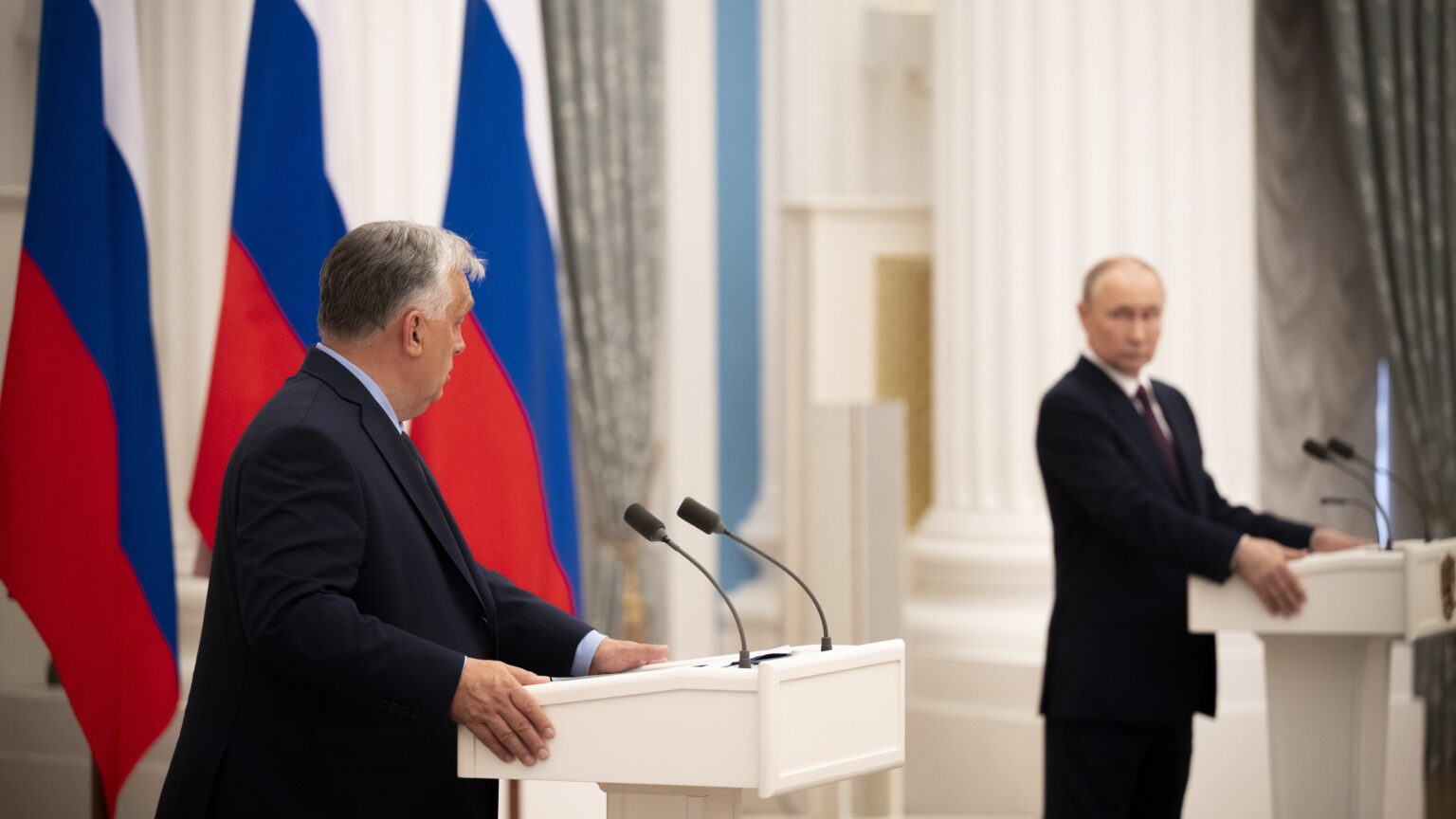
‘Given the loss of security and economic credibility of the Western powers in 2008–2009 from a Central European perspective, and the serious economic and energy security challenges Hungary was facing at the time, it was an understandable and legitimate step to begin building pragmatic relations with Moscow 15 years ago and to set the stage for an eastward opening…’